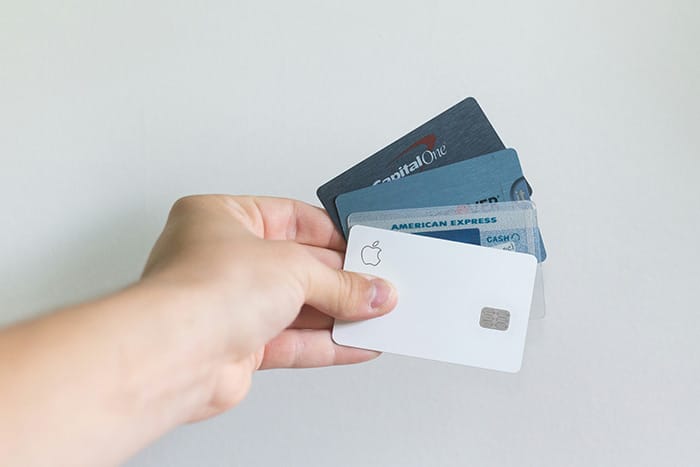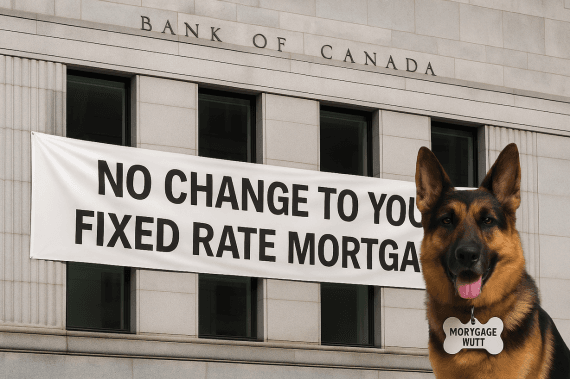First Home Savings Account (FHSA)
The First Home Savings Account (FHSA) is a registered plan introduced by the Canadian government to assist first-time homebuyers in saving for a down payment. It combines features of both the Registered Retirement Savings Plan (RRSP) and the Tax-Free Savings Account (TFSA).
Key Features:
- Eligibility: Canadian residents aged 18 to 71 who are first-time homebuyers.
- Contribution Limits: Up to $8,000 annually, with a lifetime maximum of $40,000. Unused contribution room can be carried forward to the following year, up to a maximum of $8,000.
Example: How the FHSA Can Work for You
Meet Sarah, a 28-year-old first-time homebuyer. She’s been saving for a down payment but is concerned about how long it will take to reach her goal. Sarah opens a First Home Savings Account (FHSA) to take advantage of the tax benefits and structured savings.
Sarah's Plan:
- Annual Contributions: Sarah contributes $8,000 to her FHSA each year.
- Tax Savings: Her contributions reduce her taxable income, giving her an annual tax refund of approximately $2,000 (assuming a 25% tax bracket).
- Investment Growth: Sarah invests her FHSA funds in low-risk mutual funds, earning an average annual return of 5%.
After 5 Years:
- Contributions: $40,000 (maximum lifetime contribution).
- Investment Growth: Approximately $5,500 (based on a 5% annual return).
- Total Savings: $45,500 tax-free for her first home.
Benefits to Sarah:
- She saved $45,500 towards her down payment, which is tax-free when withdrawn for her home purchase.
- She received approximately $10,000 in tax refunds over the 5 years, which she could reinvest or use for other expenses.
- Sarah didn’t need to repay the withdrawn funds, unlike the Home Buyers’ Plan (HBP - RSP).
What If She Changes Her Mind?
If Sarah decides not to buy a home, she can transfer her FHSA funds to an RRSP without affecting her contribution room. This keeps her savings growing tax-deferred until retirement.
Why This Matters:
The FHSA offers first-time homebuyers like Sarah a structured, tax-efficient way to save for a down payment. It’s a great option for clients looking to maximize their savings and take advantage of government incentives.
- Tax Advantages: Contributions are tax-deductible, and withdrawals for purchasing a first home are tax-free, including any investment growth.
- Account Duration: The FHSA can remain open for up to 15 years or until the end of the year you turn 71.
Pros:
- Tax Benefits: Contributions reduce taxable income, and withdrawals for a qualifying home purchase are tax-free, providing dual tax advantages.
- No Repayment Requirement: Unlike the Home Buyers’ Plan (HBP), funds withdrawn from an FHSA for a home purchase do not need to be repaid.
- Flexible Investment Options: Funds can be invested in various vehicles, potentially increasing savings through investment growth.
Cons:
- Restricted Use: Funds must be used for purchasing a qualifying first home. Withdrawals for other purposes are taxable.
- Single-Use Account: The FHSA can only be used once. After purchasing a home and closing the account, you cannot open another FHSA.
- Limited Lifespan: The account has a 15-year limit. If you don’t purchase a home within this period, the account must be closed, and funds transferred to an RRSP or RRIF, or withdrawn (with withdrawals being taxable).
- Contribution Limits: The lifetime maximum of $40,000 may not be sufficient for a full down payment in higher-priced real estate markets.
Considerations:
- Combining with Other Programs: The FHSA can be used alongside the HBP, allowing access to more funds for a home purchase.
- Investment Risks: As with any investment account, the value can fluctuate based on market conditions.
The FHSA offers significant tax advantages and a structured savings plan for first-time homebuyers. However, it’s essential to consider the restrictions and ensure it aligns with your homeownership goals and timeline.
Chat with Jacquie
Phone: 613-882-3201
Don't Miss Your Mortgage Renewal
Fill out my web form and I will personally email you to remind you of your mortgage renewal.



